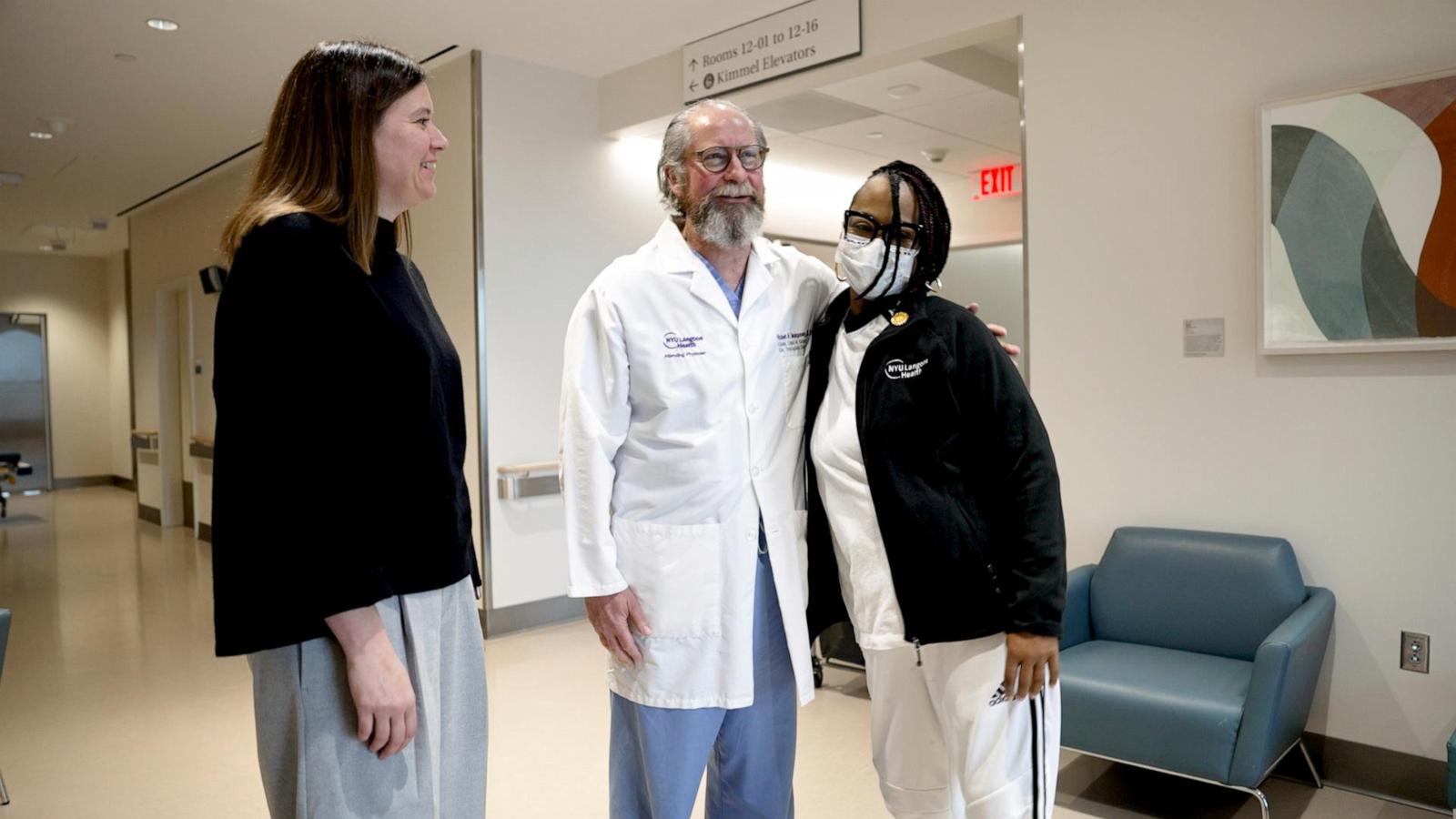Pig Kidney Transplant: A Woman's Hope and the Future of Xenotransplantation
Imagine a life on dialysis, a life where your body isn't working as it should. That's what Towana Looney knew for eight long years. Now, this Alabama woman is enjoying life once again, thanks to a revolutionary pig kidney transplant – a medical miracle that could rewrite the rules of organ donation. Looney's story is far more than just a testament to resilience; it's the very first light in the revolutionary world of xenotransplantation, a breakthrough with potential to save countless lives.
The Revolutionary Procedure
Towana Looney's successful pig kidney transplant is groundbreaking for several reasons. The most important is its sheer effectiveness. After eight years battling kidney failure and numerous rejections from human donor organs, Looney's condition had become life-threatening. Yet, she received a gene-edited pig kidney that quickly began to function optimally and quickly began to show improvement in her physical health. Unlike the earlier attempts in Massachusetts and New York City, this time the transplanted kidney is demonstrating stability and improved kidney function with a significantly lower occurrence of negative consequences.
A Medical Marvel or a Hopeless Attempt?
Many people were skeptical about the success of the treatment prior to the procedure. There were significant questions surrounding potential negative long-term effects and organ rejection; however, the early successes with the procedure, combined with continued advancements in genetic engineering and immunosuppression, have made many more open-minded to this being a significant step towards finding effective treatments. It is noteworthy that the prior patients involved in similar procedures were generally significantly sicker at the time of their treatments. Further research is expected to reveal more comprehensive conclusions about long-term effects and to develop the procedure so more patients are successful recipients.
The Future of Xenotransplantation
This life-saving transplant wasn't just a matter of using a pig kidney. Scientists spent years genetically altering the pig organ to make it compatible with a human recipient. It had undergone a process of gene alteration designed to minimize organ rejection. The result was the successful integration and operation of the pig kidney for Looney.
The Ethical Debates
Xenotransplantation's potential success and safety raise an interesting consideration in scientific, political, and ethical arenas. Concerns include disease transmission, potential impacts of the gene alteration on human health, the ethics of utilizing animals for medical practices and concerns regarding the safety and potential issues with animal gene alterations.
The Waiting Game is Over
More than 100,000 people in the US are on organ transplant waiting lists, many in critical condition and at grave risk due to ongoing health problems associated with organ failure. Sadly, thousands of people pass away each year awaiting organ donation. Xenotransplantation offers a new source of donor organs. What once seemed like science fiction, providing another possible supply, is rapidly moving toward mainstream medicine and hope is renewed for those on waiting lists.
Long-Term Impact and Further Research
This incredible advancement is certainly a step forward, but significant progress is still required. Further research and clinical trials are necessary to understand the risks associated with long-term utilization and effectiveness of these treatments, refine techniques to minimize complications such as potential rejections, and explore options for the production of xenotransplant tissues and organs from alternative species. These findings may provide effective alternatives or supplements to currently utilized strategies and provide substantial support in solving healthcare deficiencies associated with lack of available human organ donations.
Ensuring Safety and Reducing Risks
Careful analysis is necessary to understand both the immediate and long-term impact of xenotransplantation techniques on both humans and other species. Researchers will continue to study the interactions between humans and the modified animal tissues to help understand the effectiveness, efficacy and long-term safety of organ transplants involving animals. Researchers will explore a wide range of applications to ensure these practices can contribute effectively to solving organ transplant shortages and similar applications.
Take Away Points
- Towana Looney's successful pig kidney transplant is a revolutionary step in xenotransplantation.
- This procedure is proving effective even for recipients who have experienced previous failures with human donor kidneys.
- Continued research and development in the area of gene editing will be critically important to ensure safe application of the technology.
- This opens up exciting new pathways in healthcare to potentially solve several organ shortages. While ethical debates and additional investigation are still required, the results of this treatment demonstrate extraordinary promise for patients worldwide.




